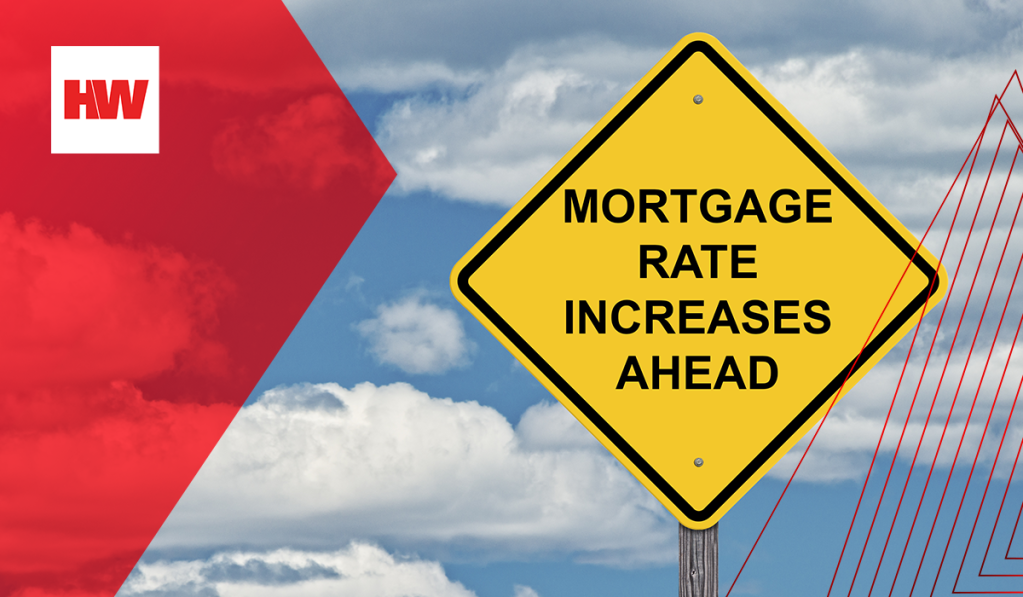Mortgage rates have been all over the place lately. They rose this week, reflecting the volatility of the U.S. economy brought by inflation and Russia’s war in Ukraine.
The average 30-year-fixed rate mortgage increased to 3.85% for the week ending March 10, up from 3.76% in the previous week, according to the latest Freddie Mac PMMS Mortgage Survey.
A year ago, the 30-year fixed-rate mortgage averaged 3.05%. The PMMS report is focused on conventional, conforming, fully amortizing home purchase loans for borrowers who put 20% down and have excellent credit. The survey said buyers paid 0.8 mortgage points on average.
According to Sam Khater, Freddie Mac’s chief economist, over the long-term, rates will continue to rise as inflation, which spiked 7.9% in February, broadens and shortages increasingly impact many segments of the economy. “However, uncertainty about the war in Ukraine is driving rate volatility that likely will continue in the short term,” he said in a statement.
Mortgage rates usually move in concert with the 10-year Treasury yield, which reached 1.94% yesterday, compared to 1.86% on the previous Wednesday. The 15-year-fixed-rate mortgage averaged 3.09% last week, up from 3.01% the week prior. A year ago at this time, it averaged 2.38%.
Economists have said that the war in Ukraine could bring a short-term reduction in mortgage rates, as investors flock to safe haven assets like mortgage-backed securities and bonds. However, longer term inflation brought on by the conflict, mainly via oil prices, will cause mortgage rates to rise
The expectation of higher rates increases borrowers’ appetite for new loans. Mortgage applications jumped 8.5% for the week ending March 4. Compared to the same week one year ago, applications dropped 35.8%, according to the Mortgage Bankers Association (MBA).
Borrowers’ demand for mortgages increased across the board. The MBA‘s seasonally adjusted refi index rose 8.5% from the previous week, with a larger gain in government refinances. Meanwhile, the purchase index was up 8.6% in the same period.






